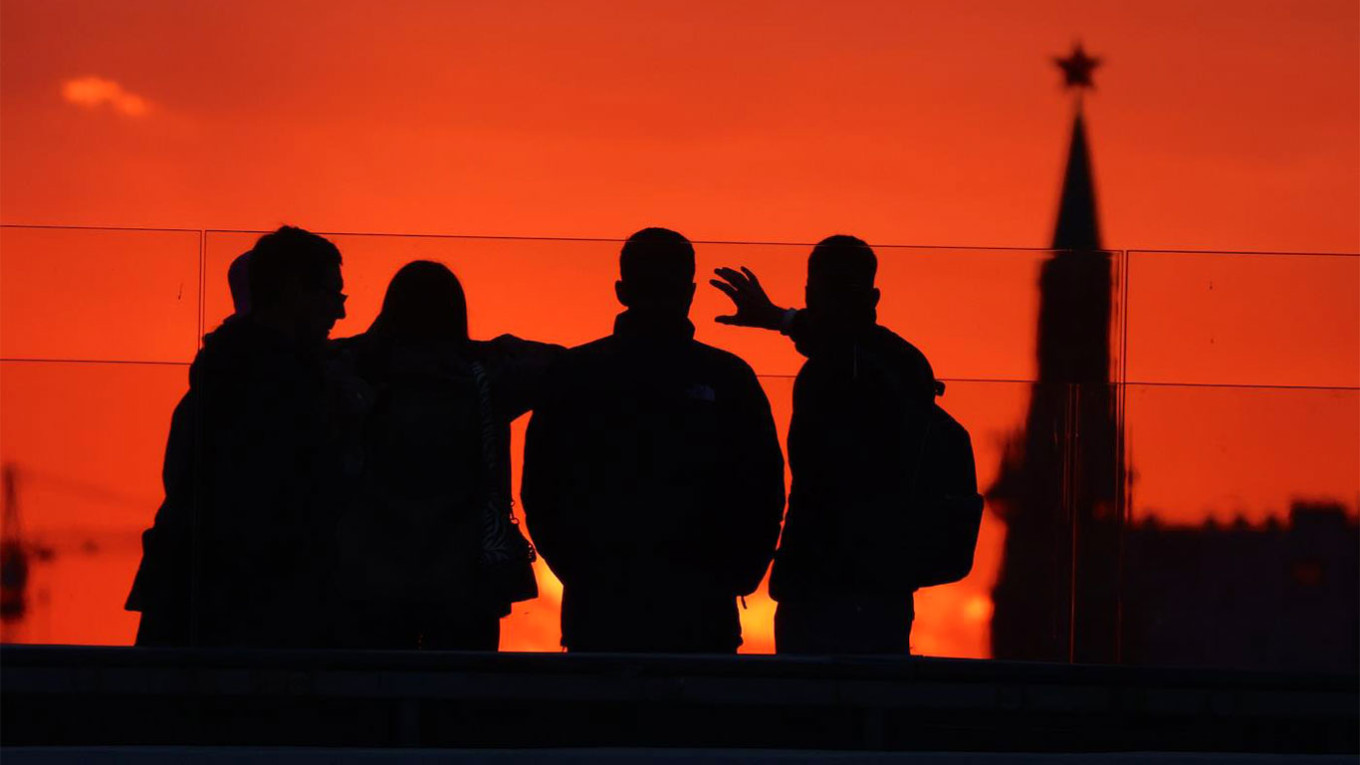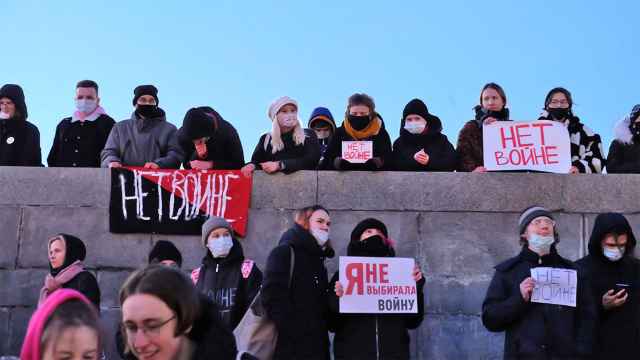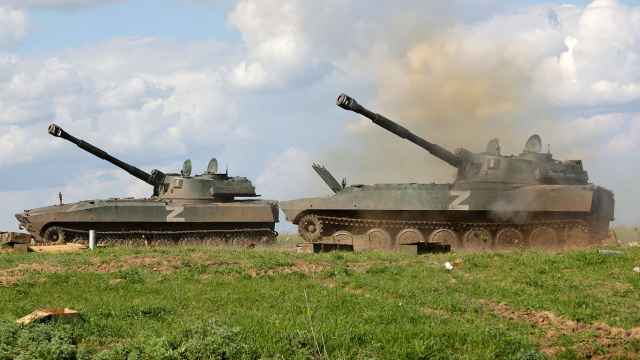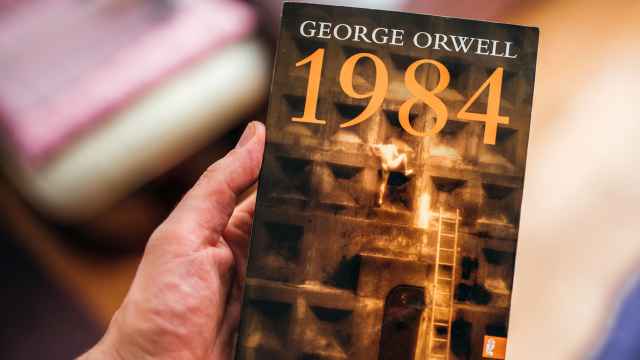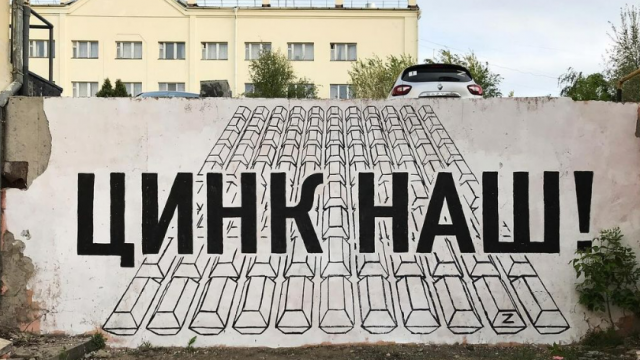How has the invasion of Ukraine changed Russian society? The truth is, the war has served to further accelerate the fracturing of Russian identity, which, since 2014 and even before, could broadly be divided into three groups: loyalists, statists, and dissenters.
Even after the annexation of Crimea, members of the three groups could still be civil to each other at the dinner table. But communication between their members has become increasingly hard to sustain. People have in many cases simply given up on each other — just as some Ukrainians gave up on their Russian relatives when they chose to believe news reports from state media over the eyewitness accounts of their own family members.
Despite all the focus on the conflict, it is now harder than ever to get an accurate sense of the impact of the war on Russian society. The worse the prospects on the battlefield and the greater the repression, the more skewed and biased the reports. As an anthropologist with decades of experience in the country, I’m continually struck by the lack of grounded perspectives.
It’s true that some highly informed foreign journalists remain, but war has meant an end to most people such as myself doing fieldwork. Russian researchers who remain in Russia are either stymied by self-censorship or limited by their own political blinkers. Like many Western academics, I have been prevented by my home institution from continuing my research in Russia — so I now visit as a private citizen.
Since the war began, I’ve argued that rather than rally-round-the-flag — a positive approval of war — what we have mainly been seeing is defensive consolidation — a kind of negative patriotic response. Defensive consolidation is an acknowledgment of Russia’s isolation and its weakness. It is not about jingoistic expressions of loyalty to the leadership, but rather a jaded sense of "we’re all in this boat together, and we have no other."
What it means in practice is that people who were shocked and disgusted by Putin’s decision to launch the invasion are more likely now to rationalize matters in terms of a geopolitical struggle in which Russia is in genuine peril. While the majority long ago lost any naïve ideas about the wisdom of Putin’s decisions, they find it harder to imagine the end of his rule than the literal end of the world. Trust in state institutions paradoxically rises, even as those institutions betray citizens — for example over mobilization.
Early on in the conflict I put forward my observations about “defensive consolidation” as indicating neither support nor condemnation of the war. And I still observe the same constituent parts. There is denial: “Russians cannot be aggressors,” “war crimes are staged,” “the Ukrainians are guilty of everything.” There is despair and disbelief that involve an abdication of responsibility: “Why don’t the Ukrainians just stop? We’re trying to help them!” And there is wishful thinking as a way of coping with denial: “China will reboot the consumer sector (they’ll retool Volkswagen in Kaluga by the spring),” “we will be fine with parallel imports via Kazakhstan,” “energy shortages will soon bring discord to Europe,” “Biden will die.” The people repeating these ideas find it painful to be disabused.
Some even reveal their desperation by turning to astrology and conspiracy theories: for example, that the U.S. manipulated Soviet leader Nikita Khrushchev to give Crimea to Ukraine after World War II in order to provoke conflict later. And magical thinking appears — Russia is on the side of truth and therefore will prevail, or Russia is the only source of good in the world and that is why the “Americans attacked us.” Such statements are frightening when you hear them from an intelligent person you have known for decades.
What has changed as we move close to the 10th month of conflict? Fatalism and a sense of impending doom hang over more and more people. This is dangerous. It leads to a collective sense that nuclear war is no longer unthinkable. This was also sometimes the case in 2014 after the war in Donbas started — but now it’s quite widespread.
"Imperial-mindedness" seeps out of people like a bitter, black ooze. It is a nasty disease, infecting people I hitherto did not consider chauvinistic. But it is also a way of dealing with cognitive dissonance: doing everything to find fault with the "collective West" and Ukraine, rather than admit one’s beloved country is an aggressor.
There are also those who are bewildered, hurting, or numb, who are not even in a position to think about the broader implications of the war. And then there are the "healthy" people, those who have made a decision to ignore the conflict in Ukraine, or to assert that it's not "their war," in an attempt to exorcize its demons and focus on their own mundane wants and needs. I am not sure what I think about these people.
Of course, what has not changed is the number of principled opponents of the war. There are far more of them than you might think — many have simply been worn down by encountering so much stupidity. Frankly, that’s true of most wars.
One of my neighbors in the Kaluga region, a retired factory foreman, still has plenty of energy and is wiser than a dozen Russian professors I know. "This is a disgusting war of conquest. A crime my beloved country is committing. Every time I see a guy with the ‘Z’ on his jeep I go up to him and ask him what it means. Then I ask him why he hasn’t volunteered yet and whether his son has been mobilized," he told me.
Activists too are slowly recovering and regrouping. Some of my research participants have found a St. Petersburg copy shop willing to print out their anti-war stickers and graffiti stencils depicting a member of the riot police hanging from a lamppost with the slogan: "1917: we can repeat it." These brave people will not stop the war, nor will they overthrow Putin, but I am glad they exist. I am glad they care.
Along with the long-suffering Ukrainian people, I think about politically engaged Russians a great deal. But it is also part of my job to consider and continue interacting with Russians from all walks of life, who are nowadays defined in no small way by their responses to this war.
A Message from The Moscow Times:
Dear readers,
We are facing unprecedented challenges. Russia's Prosecutor General's Office has designated The Moscow Times as an "undesirable" organization, criminalizing our work and putting our staff at risk of prosecution. This follows our earlier unjust labeling as a "foreign agent."
These actions are direct attempts to silence independent journalism in Russia. The authorities claim our work "discredits the decisions of the Russian leadership." We see things differently: we strive to provide accurate, unbiased reporting on Russia.
We, the journalists of The Moscow Times, refuse to be silenced. But to continue our work, we need your help.
Your support, no matter how small, makes a world of difference. If you can, please support us monthly starting from just $2. It's quick to set up, and every contribution makes a significant impact.
By supporting The Moscow Times, you're defending open, independent journalism in the face of repression. Thank you for standing with us.
Remind me later.



